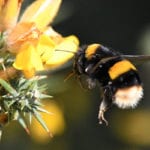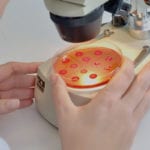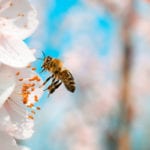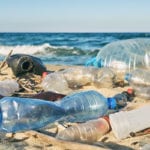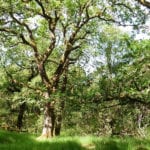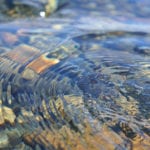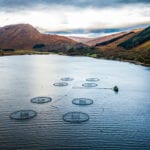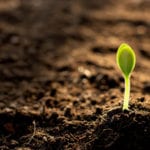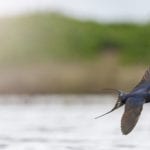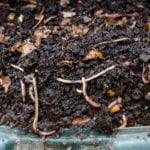Major campaign aims to save bees and pollinators in the South Downs
A campaign launched on 20 May aims to help reverse the decline of bees in the South East and create a haven for pollinators...
Scientists propose rethinking ‘endangered species’ definition to save slow-breeding giants
Researchers at the Smithsonian Institute have proposed a ‘demographic safe space’ for Asian elephants, to improve conservation of these and other large, slow-breeding animals.
Conservation...
The Importance of algal monitoring in finfish aquaculture
By Sam Kirby, Marine Sales Manager at instrumentation firm Chelsea Technologies Group.
An algal bloom is believed to have killed thousands of Atlantic salmon at...
The fight against antimicrobial resistance
Cleaning products firm Genesis Biosciences offers some perspective on the growing resistance of bacteria to biocides in chemical cleaning products .
Beekeepers gather outside ministries across Europe to demand bee-friendly pesticide standards
Beekeepers and environmental groups will gather outside a number of agriculture ministries in Europe to hand in a petition signed by over 230,000 SumOfUs...
IPBES: Nature’s dangerous decline ‘unprecedented,’ species extinction rates ‘accelerating’
Nature is declining globally at rates unprecedented in human history -- and the rate of species extinctions is accelerating, with grave impacts on people...
Building materials firm works with Yorkshire Wildlife Trust to turn quarry into wildlife haven
What was once a working quarry has been turned into a new wetland haven for wildlife, according to Aggregate Industries and Yorkshire Wildlife Trust,...
“Don’t derail recycling scheme” – marine charity issues warning to CEOs
Industry warned not to derail ‘all-in’ Deposit Return Scheme for drinks bottles and cans
Marine Conservation Society warns behind-the-scenes lobbying could be a...
Thousands of species at risk from native oak decline
Oak trees have long had a reputation for supporting a range of biodiversity, however, research published on 15 April has uncovered just how many...
Siberian researchers isolate bacteria that could live in space, and present surprising findings
Microbiologists from Tomsk State University (TSU) in Siberia have become the first in the world to isolate the bacteria Desulforudis audaxviator, using samples taken...
Project aims to improve understanding of the sources of plastic pollution in rivers
Plastic pollution in the world’s oceans is now widely recognised as a major global challenge – but we still know very little about how...
SEPA fish farm report published in international journal
Independent review of SEPA Fish Farm Survey Report – ‘Evaluation of a New Seabed Monitoring Approach to Investigate the Impacts of Marine Cage...
UN shipping agency kicks off project to protect marine biodiversity
A major five-year project to help protect marine biodiversity has been kick-started at a global workshop at the headquarters of the International Maritime Organisation...
Net gain or loss? Consultancy warns of risk to birds from protective building and...
Developers and building asset managers need to think carefully before installing nets to preclude nesting birds, and consider what other options might be available,...
Urgent call for Government to invest in healthy soils post-Brexit
Urgent call for government to invest in healthy soils post-Brexit
Sustainable Soils Alliance unites for flood prevention, biodiversity, food production and carbon sequestration
Healthy Soils must...
Microplastic pollution widespread in UK’s lakes and rivers, says new research
New research by Bangor University and Friends of the Earth has found microplastic pollution in some of Britain’s most iconic and remote rivers and lakes .
End of the line for ‘fast fashion’?
In February a group of MPs levelled a critical gaze at the clothing industry, and the rise in cheap, disposable apparel that satisfies an appetite for up-to-the-minute style, but with grave environmental costs .
RSPB issues warning about unseasonably warm weather
Unseasonably warm weather linked to climate change
Weather is encouraging some birds to make nesting attempts, butterflies are starting to emerge and other...
Earthworm research spurs farmers to act
A study of England’s farmland has found key earthworm types are rare or absent in two out of five fields and has led to...
Utility launches £15 million project to rejuvenate the River Kelvin in Glasgow’s West End
Scottish Water’s multi-million pound investment project in Glasgow’s West End to help improve the environment and water quality in the River Kelvin is under...



